Money or credit cards being stolen is worse than the dreaded middle seat or jet lag. Some people have had to cut their travel short because they lost a large amount of cash or a credit card, which cannot be replaced or claimed from insurance. However, keeping your money safe doesn’t just mean preventing theft. It also means knowing how to manage your money while abroad. Should you carry cash? Can you pay with credit cards? What currency do you need? Our team of travel experts at Expat Explore is here to answer all of these questions!
In big cities in Europe, pick-pocketing can be an issue. Tourists and people moving around in crowded tourist areas are often targeted. How you manage your money is crucial and can directly influence your risk of it being stolen, you losing it or simply spending it the wrong way!
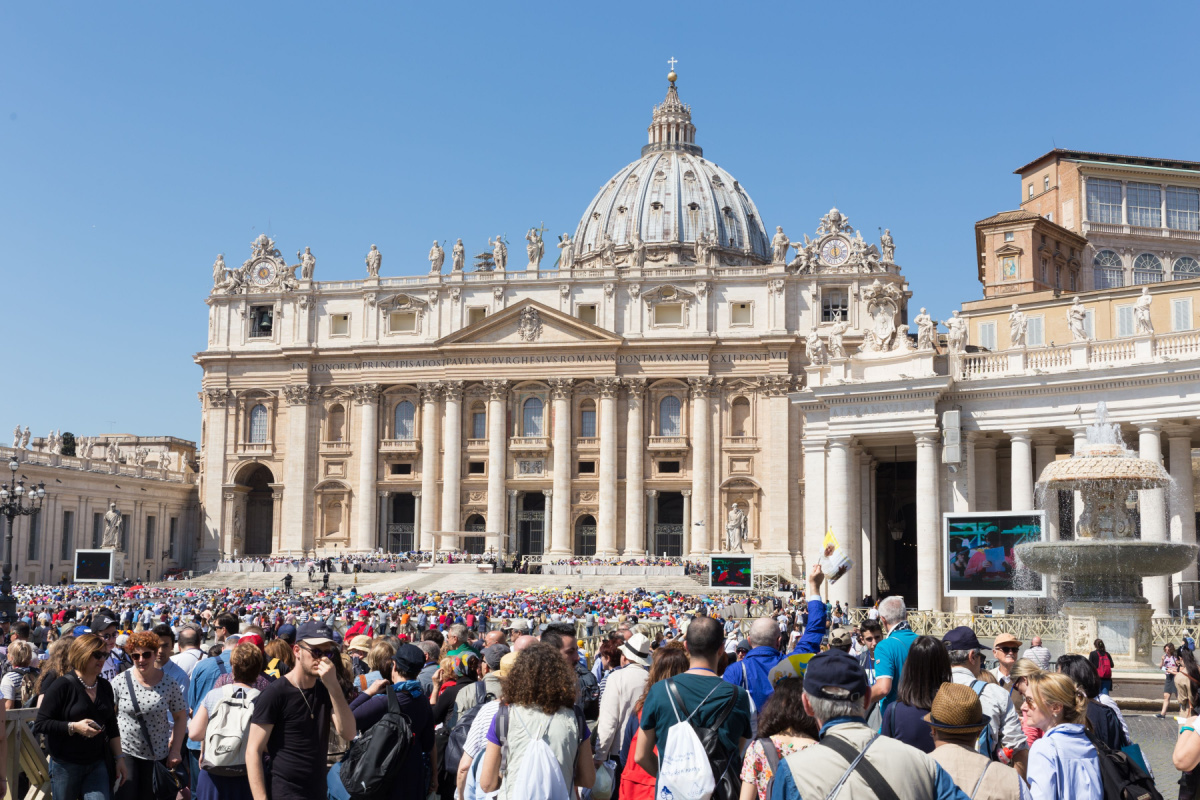
Here are some top tips for keeping your money safe:
1. Notify your bank of your travel plans
Don’t assume that your ATM card can be used in any destination. Most retail stores, restaurants, souvenir shops and even market stalls do accept international cards these days. However, it is important to let your bank know that you will be travelling to avoid them blocking your card due to “suspicious overseas purchases”.
2. Consider getting an international travel card
An international travel card or prepaid foreign currency debit card is an excellent option if you are someone who travels frequently. Online banks like Wise and Revolut are very convenient and setting up an account with them is quick and easy. Transferring money this way is simple and affordable and forgoes much of the pesky administration required by physical banks.
3. Be proactive, take precautions!
Record your account details by making copies of the back and front of the bank cards you plan to carry. Leave copies with a family member back home or store on a cloud option like Dropbox or Google Drive. Also, make a note of your customer service numbers in case your card does get stolen or lost and you need to freeze your account.
4. Carry cash with you, but not too much
Carrying a little bit of cash in the local currency is also always a good idea when travelling just in case cards aren’t accepted. It’s convenient to go to the loo (keep in mind that many public toilets in Europe aren’t free and require coins) or to buy a croissant on the go, but the chances of theft or loss are too high of a risk to keep a large amount of cash on your person. Keep what you need on you and leave the rest safely stored in the hotel safe or locked in your closet.
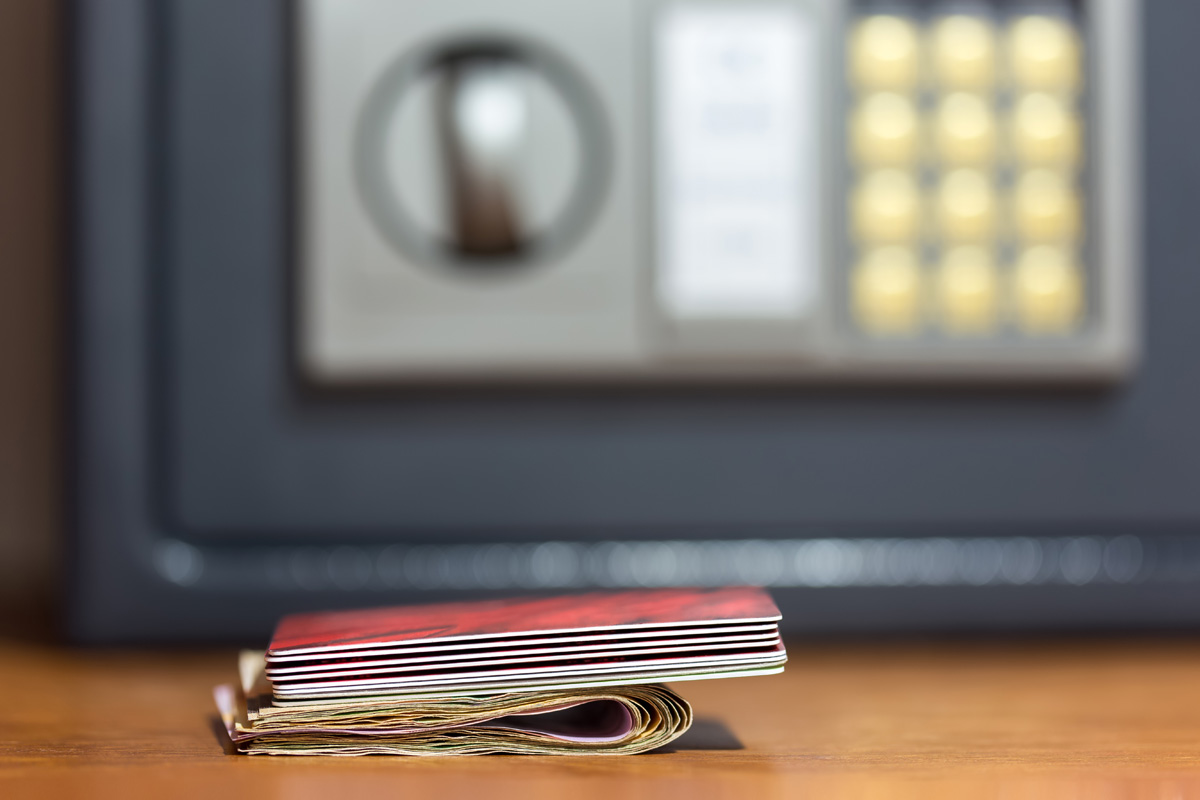
5. Find out what currency you will need before your trip
Keep in mind that one a multi-country tour, you may require more than one currency. For example, in the United Kingdom you will need pounds (GBP) and in most EU countries you will need Euros. However, Bulgaria, Czech Republic, Denmark, Hungary, Poland, Romania, and Sweden all have their own unique currency.
6. Avoid keeping all your eggs in one basket
Use the safe in your hotel room to keep backup cash or an extra debit or credit card. If there isn’t a safe in your room, lock it inside your bag or closet. When travelling between hotels, keep some cash in your bag and some with you.
7. Keep your cash out of sight by wearing a money belt
This small, flat, zippered pouch or belt can be worn around your body and/or under your clothes. It’s the best way to carry valuable documents and money while travelling. Look out for money belts that look just like a regular belt – the last thing you want to do is make it very obvious that you’re a tourist! If you’re looking for something a bit more stylish, purchase a fanny pack or small bag that you can wear across your chest.
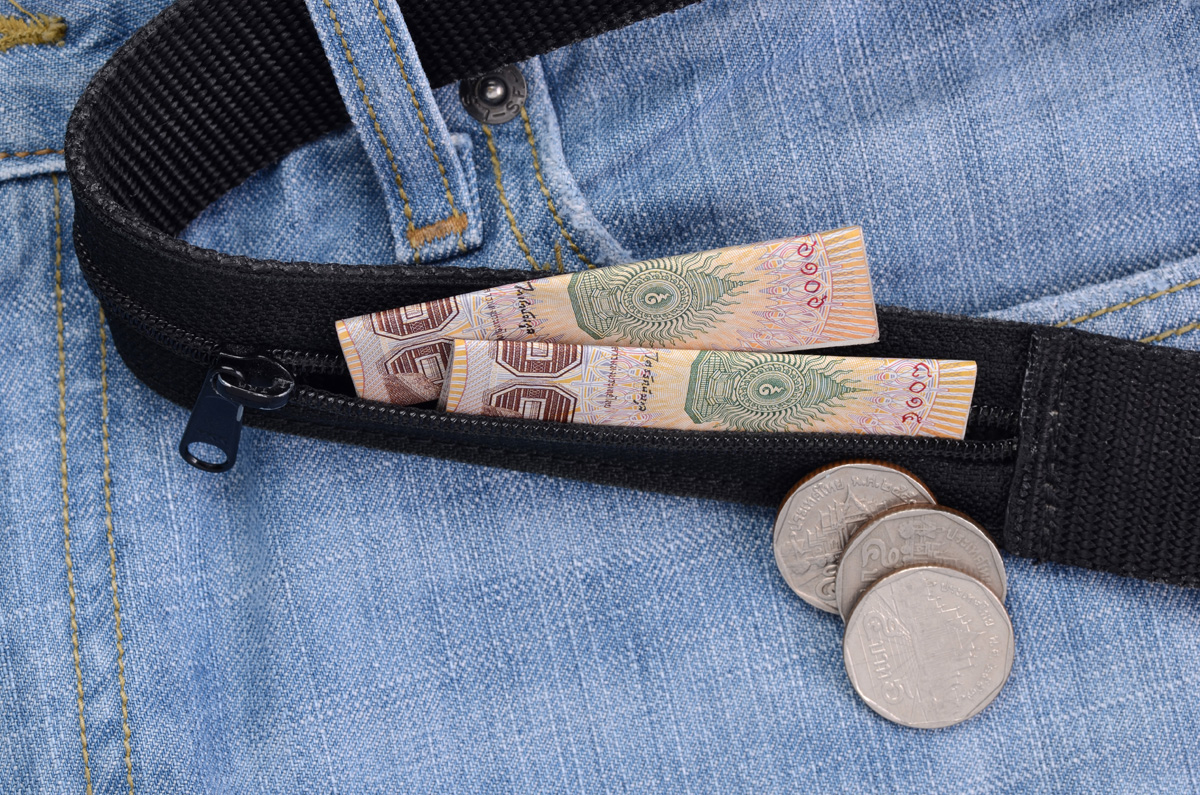
7. Store your wallet at the bottom of your bag
This makes hard for any would-be thief to find it if they unzip or open your handbag or backpack while you are travelling on walking on a busy street.
8. Think about the type of bag and how you wear it
Choose a bag with a zip rather than one with just a button or clip and definitely think about using a lock, especially when travelling for longer stretches at a time. When moving through crowded areas like the metro in Paris or Rome, rather wear your backpack on your front.
9. Avoid secluded and stand-alone ATMs
ATMs inside or just outside banks are always the safest option. However, not all banks have ATMs inside. You can search “ATMs” on google maps. If you’re on tour, your tour leader will know where the best places to withdraw cash are. It is best to use ATMs during the bank’s opening hours, just in case there is an issue with your card or the machine, so that you can pop in and ask a bank teller for assistance. Many stand-alone ATMs that are not near banks have much higher bank fees.
Most ATMs are very easy to use and have an English language option. Keep in mind that certain ATMs have a withdrawal limit and that your personal withdrawal limit may be affected by the exchange rate. If the ATM doesn’t allow you to withdraw your daily limit, draw a small amount and find another ATM later to withdraw more from. To avoid only getting large notes, try draw a more specific amount such as €280 instead of €300.
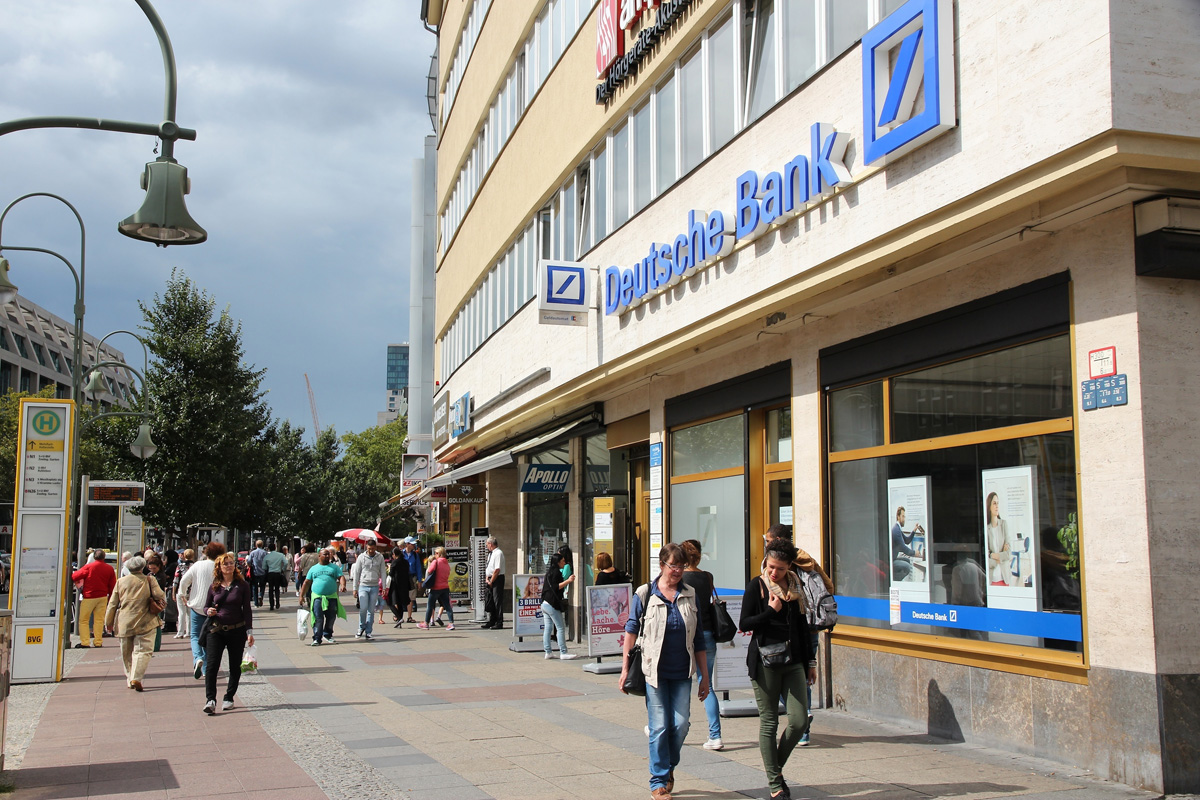
10. Don’t carry anything you want to keep safe in your back pocket.
This may sound like a no-brainer but convenience sometimes trumps common sense. Use your inner pockets to keep your things as close to you as possible. European pick-pockets are highly skilled in their craft!
Keeping your money safe and knowing how to manage it while travelling is probably one of the most important safety aspects of your travel. By having a backup plan and following these tips you should be able to travel happily to any destination in Europe!
Feeling prepared for your next adventure and ready to tackle Europe? Book your trip with Expat Explore now!
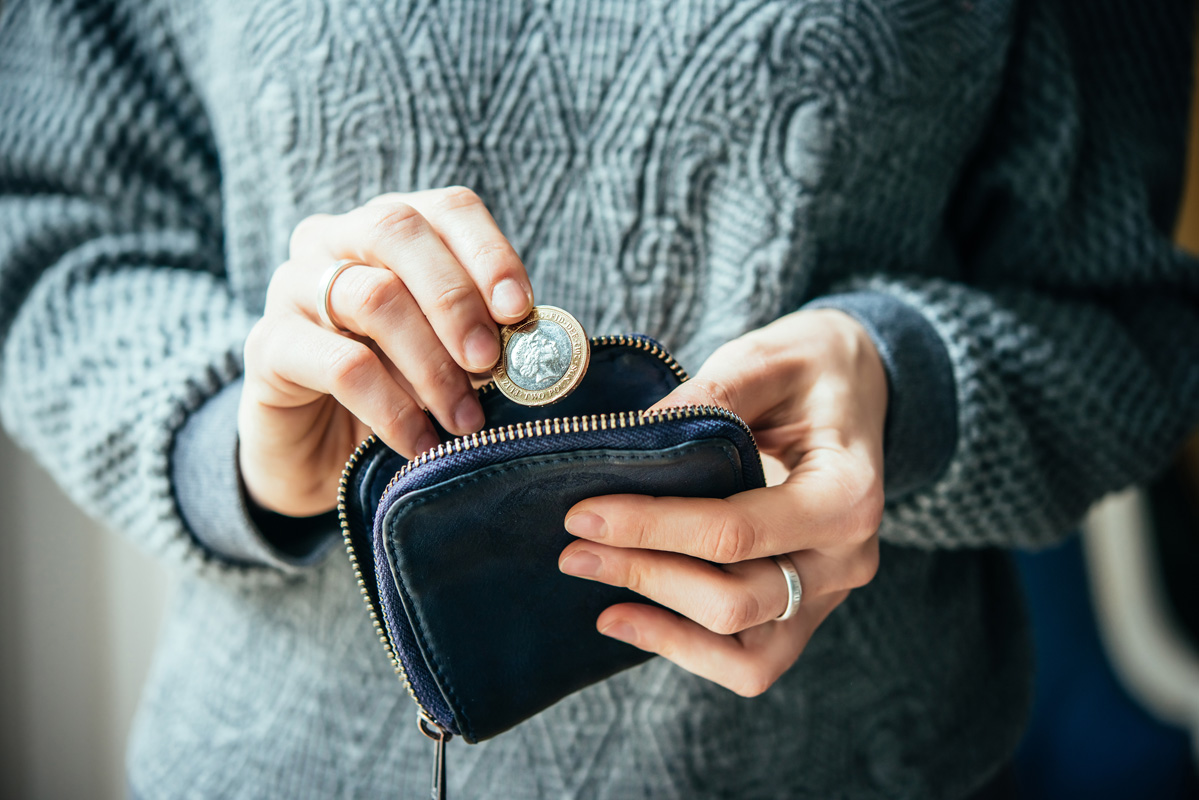
One response to “Top Tips! Keep your money safe when travelling in Europe”
It’s great to come across a blog every once in a while that isn’t the same out of date rehashed material. Fantastic read.